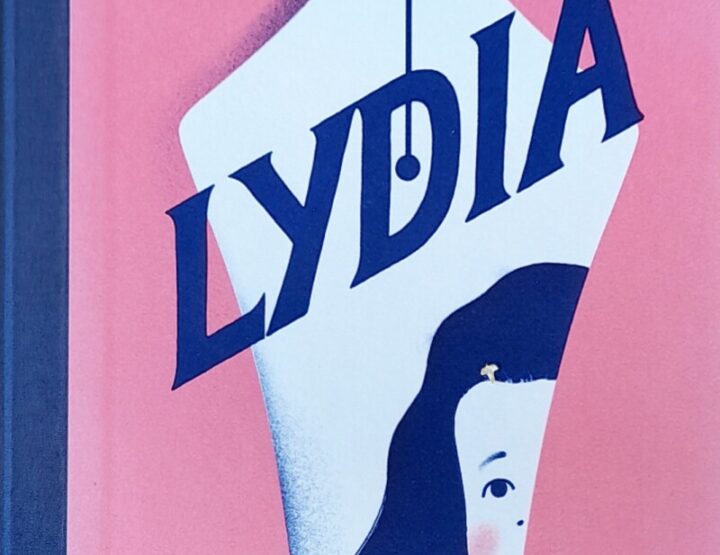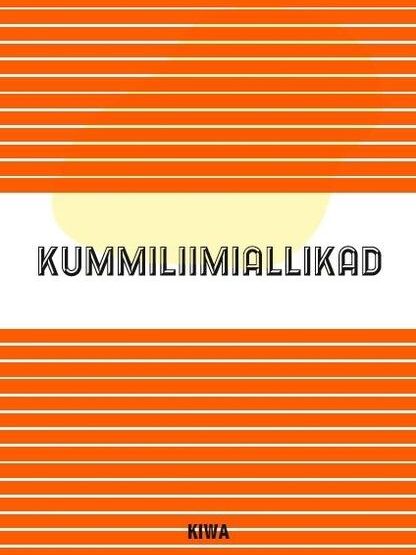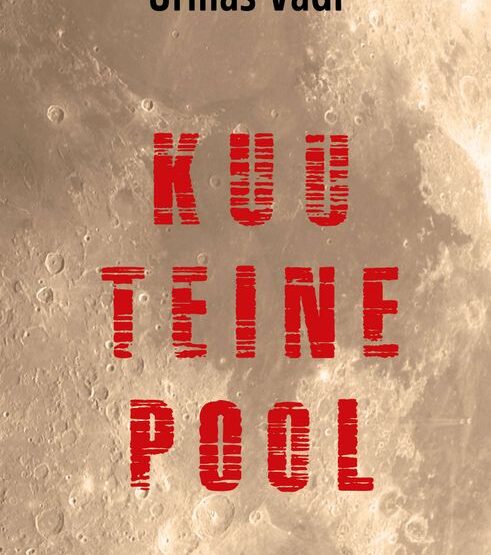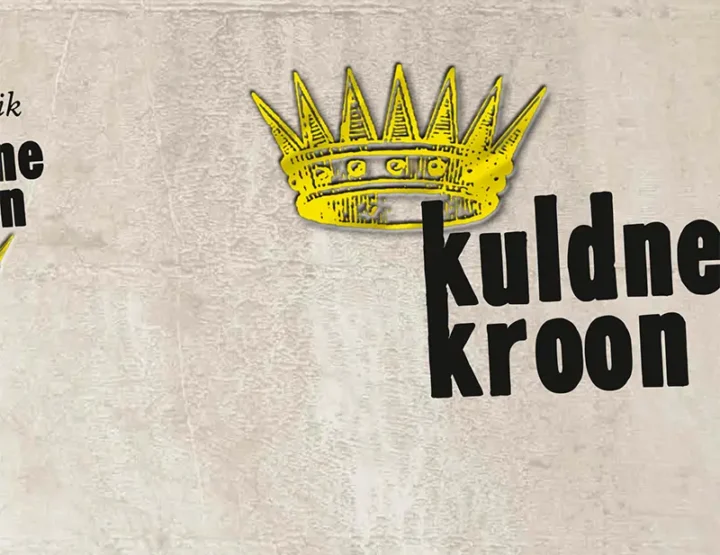Kertu Sillaste has already been a familiar name to fans of Estonian children’s literature for more than a decade. After initially illustrating other authors’ works, she wrote her own original title in 2012: It’s Pancake Time! It didn’t take long for the book to gain popularity and to be published in English (Ginger Books, 2015).
Her next work was No, It Isn’t So! (2015), which tells the story of a bunny who practices self-reassurance to overcome his fears. Next came Everyone Makes Art Their Own Way (2016) and I Am An Artist (2018; Adam Cullen’s English translation published by Graffeg Books, 2021), which educates children about creativity. The Animals Went to Town and The Prettiest Skirt were both published in 2019, the first exploring magic, and the second inspired by flower motifs in local Estonian embroidery.
Help! is a wordless book that Sillaste was inspired to make while visiting a refugee camp and library in Lampedusa, Italy. Since the camp’s children often come from a variety of linguistic backgrounds and may be illiterate, its library offers books that have minimal text or tell a story through universally understandable pictures.
This latest work by Sillaste tells of a girl who hears a cry for help and sets off to find whoever made it. As she does, she crosses a tangled forest filled with creatures that need her love and care. Wanting to help each and every one, the girl scoops them up into her arms and pockets, and even balances some on her shoulders and head. Carrying this precious burden, she finally makes it back home and collapses onto the grass in exhaustion. Luckily, others come to support her in turn and bring a smile to the girl’s face.
The book is illustrated with child-like drawings – bold, emotional, and impactful. Colors and figures, as well as their particular positioning and placement, are used to tell the story. Contrasting the cheerful, calm pale yellows and pinks is a black-and-gray color scale that expresses more turbulent emotions. As the situation grows more intense, Sillaste’s pencil strokes become bellicose and the figures she depicts wilder.
Every book offers individual readers unique experiences and interpretations, no matter whether it is composed of words or exclusively illustrations. To a child, Sillaste’s story might be about finding long-lost toys, a nightmare, or a journey through a land of terrors. To an adult, it might address the migration crisis, climate catastrophe, or overpopulation. Nevertheless, one common theme resonates for all: noticing those who ask for help and finding the courage and will to act.
Kertu Sillaste, Help!
Koolibri, 2021, 24 pp.
ISBN 9789985046425





